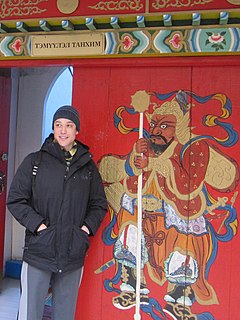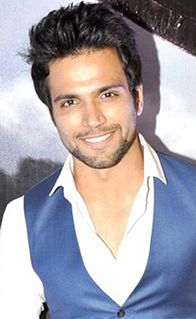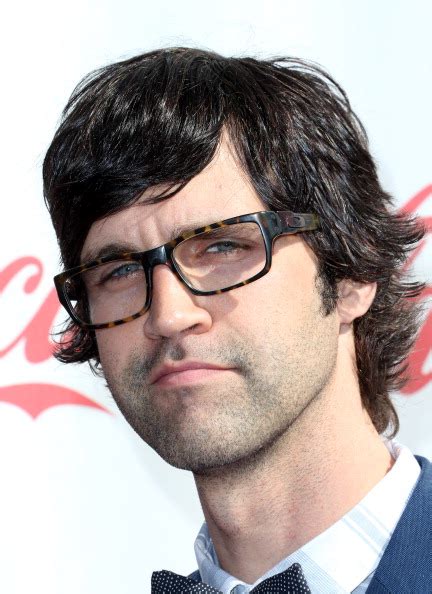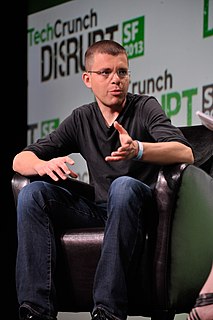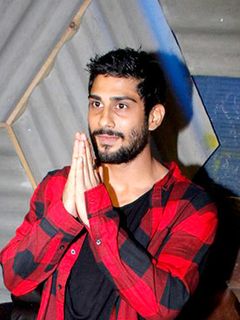A Quote by Roland Martin
My audience expects cold, hard truth. They don't expect me to dance around it. They expect me to say it the way they think it. That's part of my brand. If I don't do that, then my audience goes, 'What's up? Is he sick or something? What's wrong with him?' The entity has a brand.
Related Quotes
I don't understand choreographers who say they don't care about the audience or that they would be happy to present their works non-publicly. I think dance is a form of communication and the goal is to dialogue with the audience. If an audience member tells me they cried or that the dance moved them to think about their own journey or a family member's, then the work is successful.
As an actor, you should always keep your trump card hidden from your audience. I want the audience to keep expecting more and more from me. I want to do 'different' work - good and memorable roles - so that audience appreciate me more. That's why I love to surprise my audience with something they never expect me to do.
I've always been a 'your parents have got to come up to the school' type of person. Even now, when I do something wrong - if I say something inappropriate on a live tv show, for example - I half expect to have to deliver a note to Barbara Brand: 'Please come up to Channel 4 head office, Russell's done something despicable.

